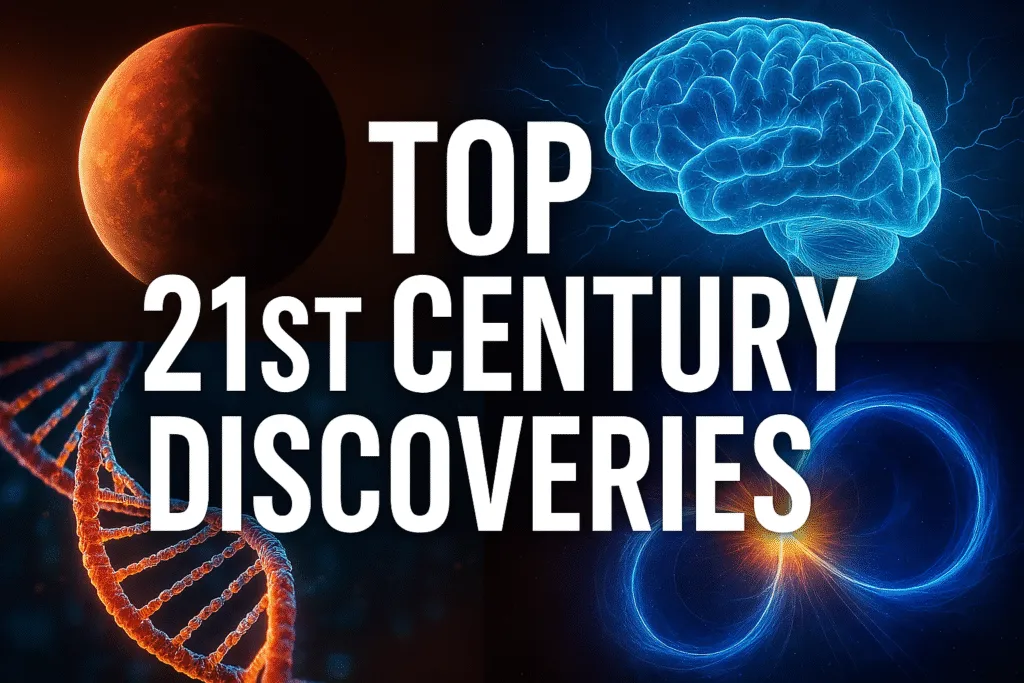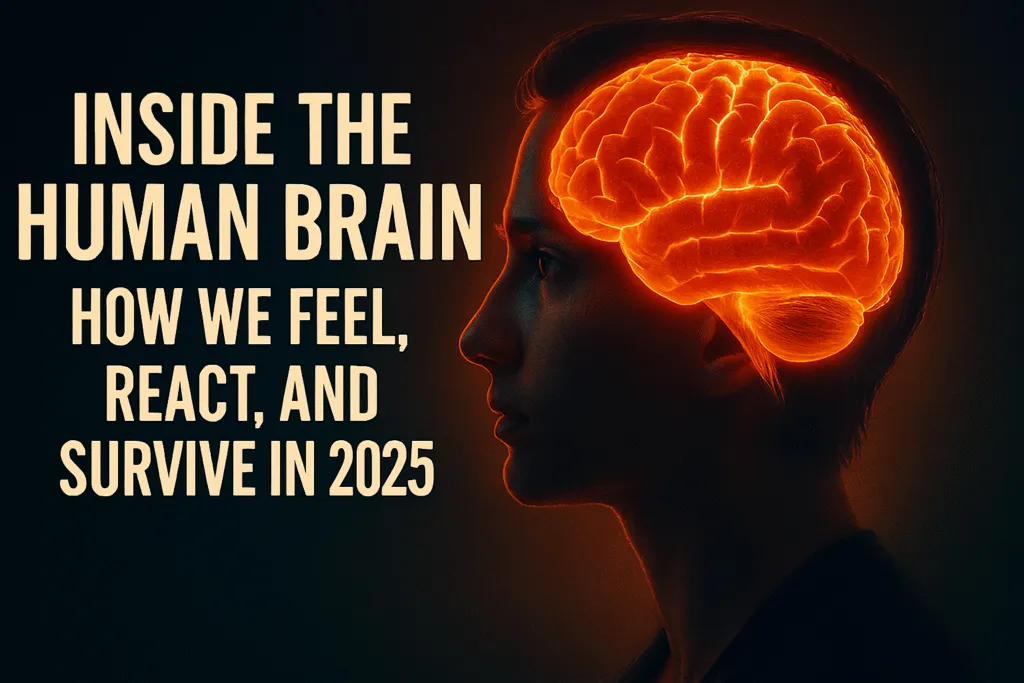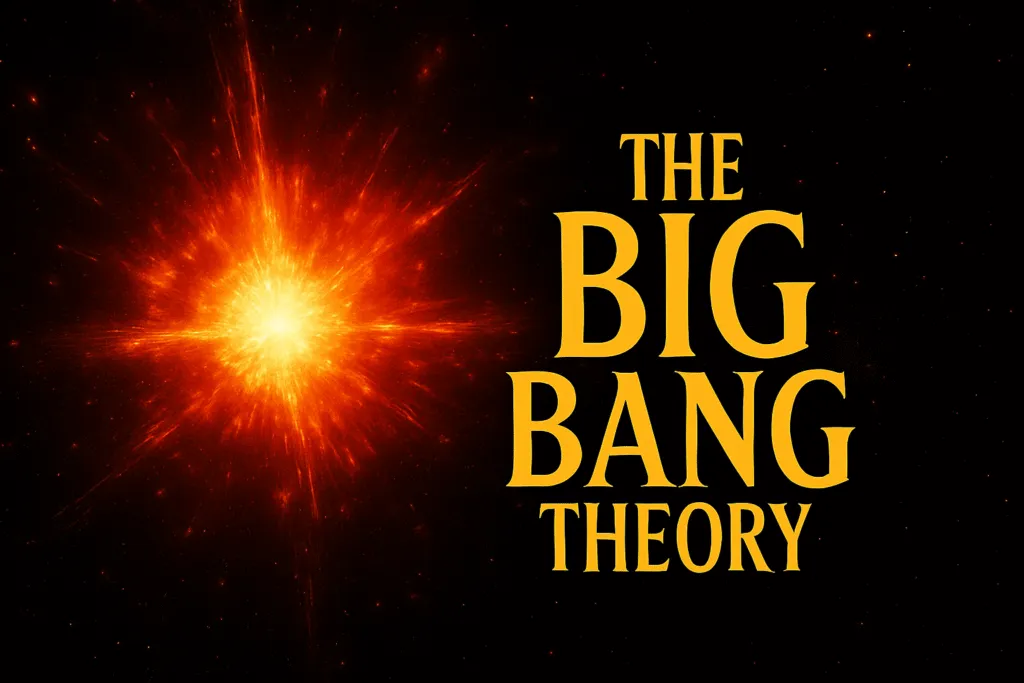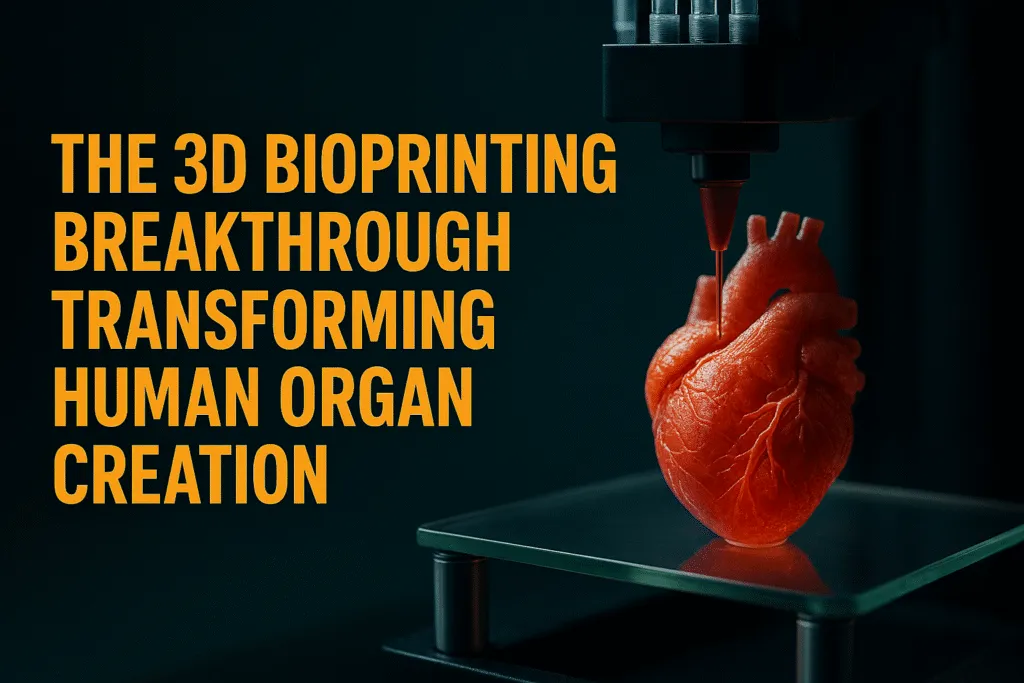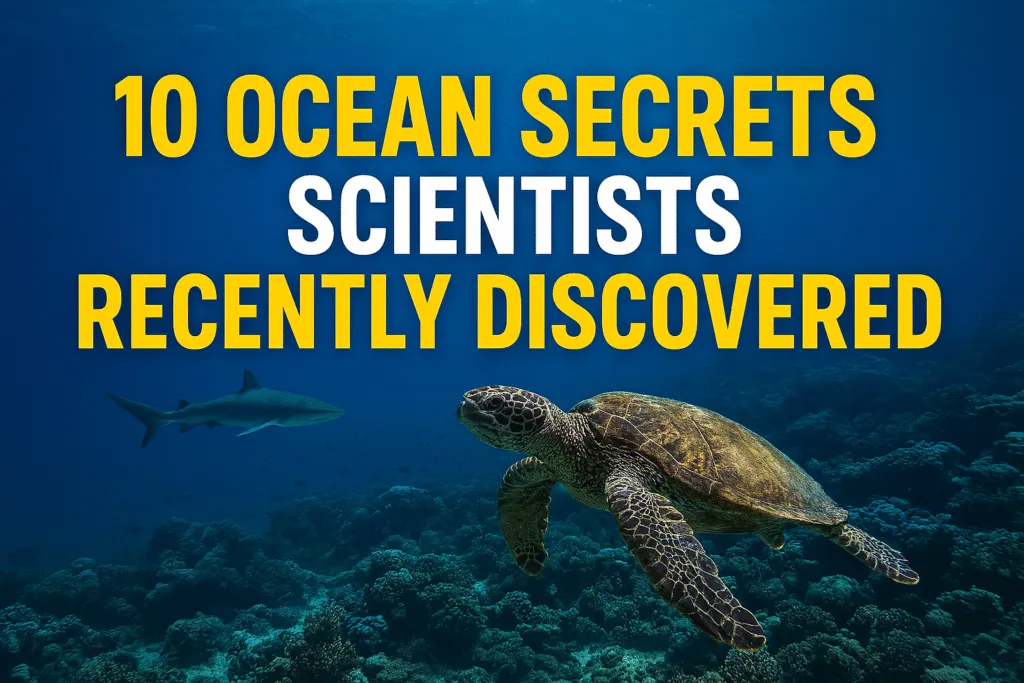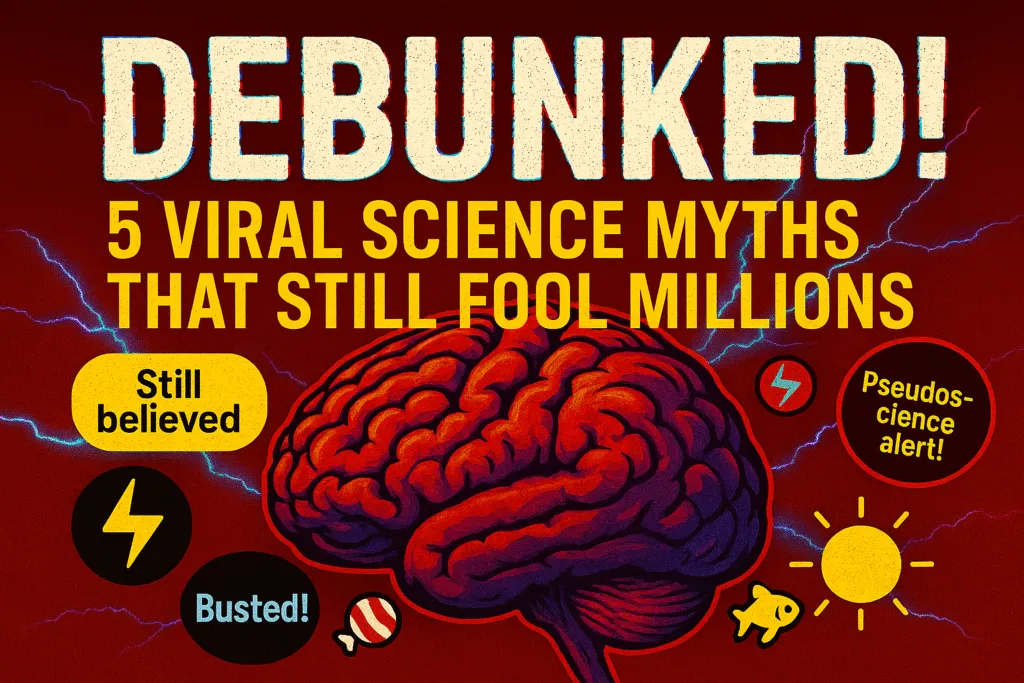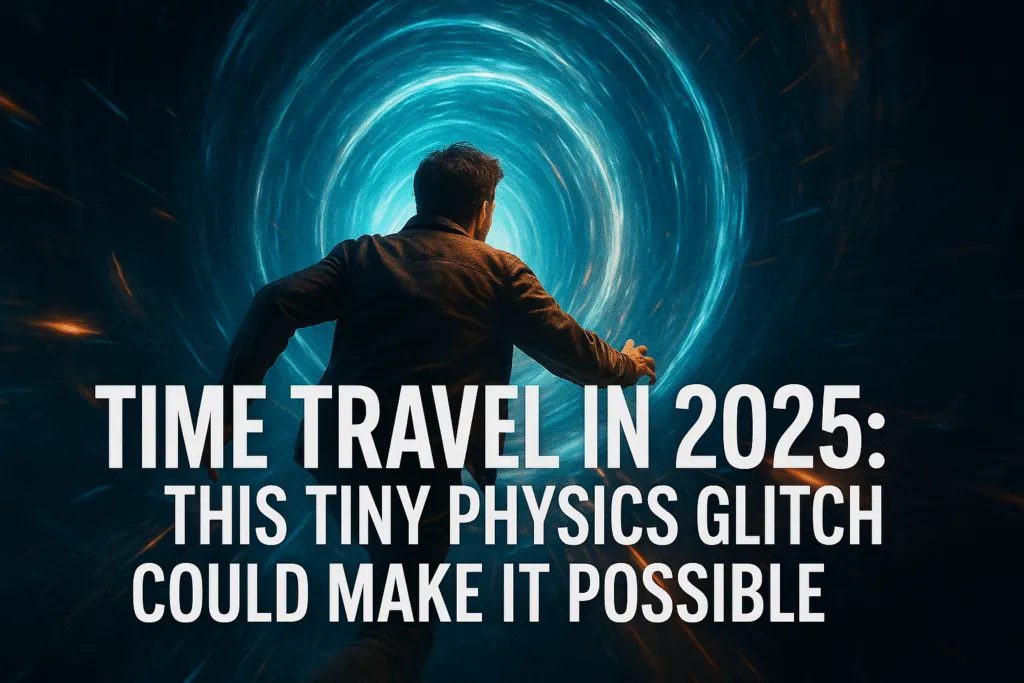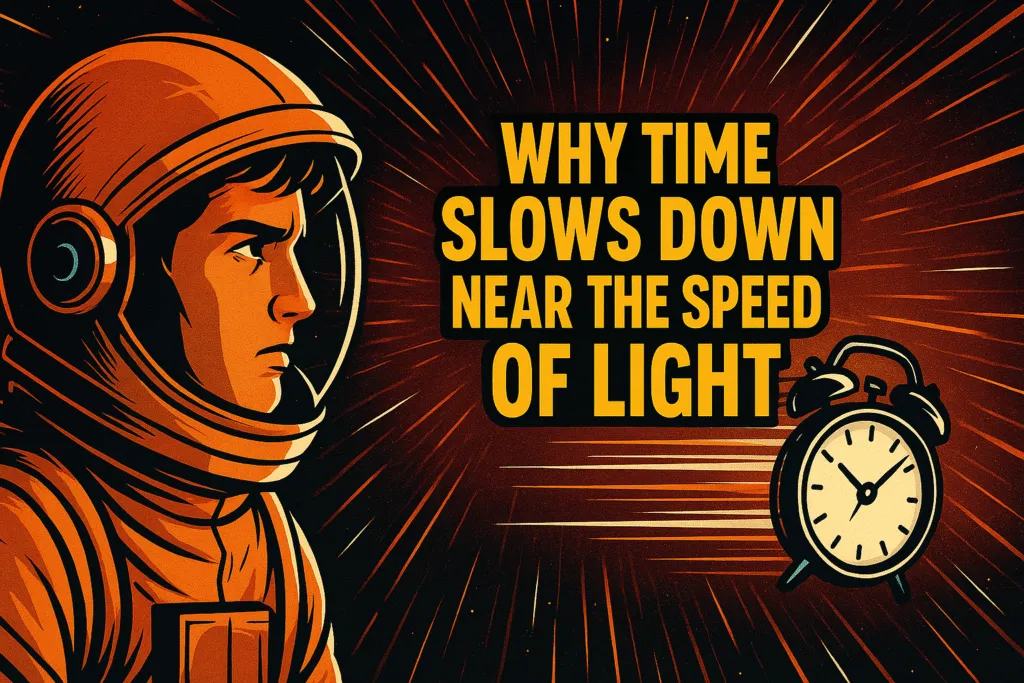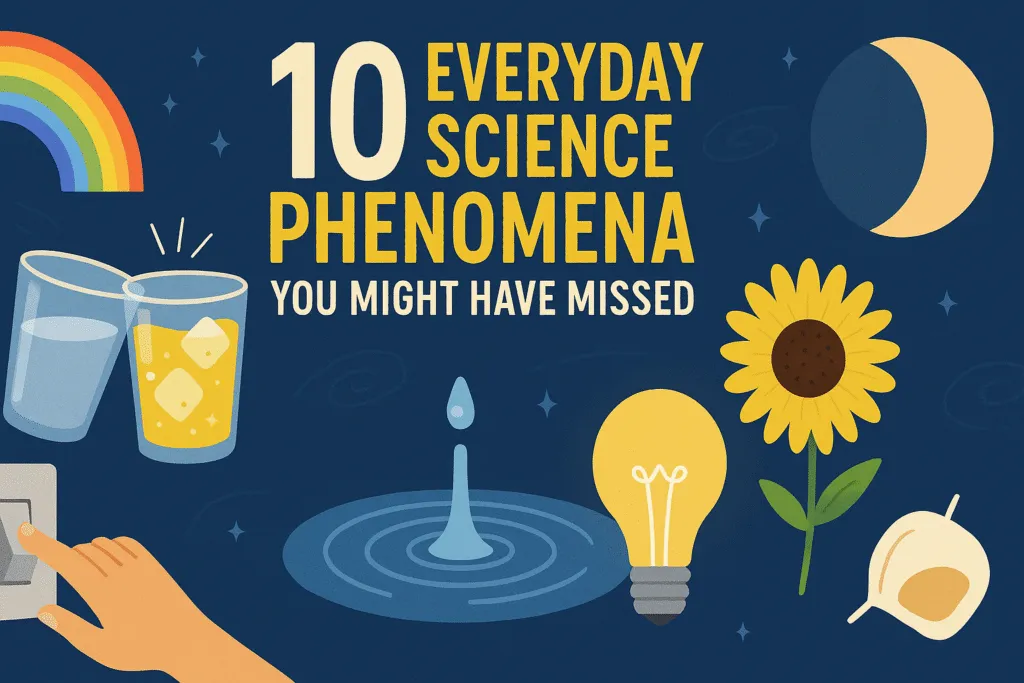Introduction
The 21st century has been an incredible era for scientific discoveries that have reshaped how we understand the world and ourselves. As a tech blogger, I find it fascinating to explore these breakthroughs because they not only push the boundaries of knowledge but also impact everyday life in meaningful ways. From unraveling the mysteries of the universe to revolutionizing medicine and technology, scientific discoveries in recent decades have opened new doors of possibility.
Scientific discoveries today are happening faster than ever before, thanks to advances in technology and global collaboration among researchers. These discoveries cover a wide range of fields, including physics, biology, space exploration, and artificial intelligence. Each finding brings us closer to solving some of the biggest questions and challenges facing humanity.
One of the most exciting aspects of these scientific discoveries is their potential to improve our daily lives. Whether it’s through new medical treatments, sustainable energy solutions, or smarter technology, the impact is visible all around us. For instance, gene editing tools and breakthroughs in understanding the human genome have paved the way for personalized medicine that can target diseases more effectively.
Moreover, scientific discoveries inspire curiosity and innovation, encouraging people to think beyond the limits of what is currently known. They remind us that science is a continuous journey of learning and discovery, always evolving with each new piece of evidence.
In this blog, we will dive into some of the most mind-blowing scientific discoveries of the 21st century that have captured the world’s attention and shaped the future. These breakthroughs highlight the power of human ingenuity and the endless possibilities that science offers.
Discovery of the Higgs Boson
One of the most groundbreaking scientific discoveries of the 21st century is the detection of the Higgs boson, often called the “God particle.” This elusive particle was confirmed in 2012 by scientists working at the Large Hadron Collider (LHC) at CERN, marking a major milestone in particle physics. The discovery of the Higgs boson helped validate the Standard Model, which is the theory describing the fundamental particles and forces that make up the universe.
The Higgs boson is crucial because it explains why some particles have mass while others don’t. Before its discovery, the mechanism behind mass was a mystery. The Higgs field, associated with this particle, interacts with particles to give them mass, which is essential for the formation of matter as we know it.
This scientific discovery not only deepened our understanding of the universe’s building blocks but also showcased the power of international collaboration and advanced technology. The experiments at the LHC involved thousands of scientists from around the world working together for decades. Their efforts culminated in this historic breakthrough that won the Nobel Prize in Physics in 2013.
Beyond pure physics, the discovery of the Higgs boson has inspired new research in related fields like cosmology and quantum mechanics. It also highlights how scientific discoveries can take years of persistence and innovation to achieve, proving the value of investing in basic science.
Overall, the Higgs boson discovery is a shining example of how modern science is unraveling the deepest secrets of the cosmos, influencing both theoretical understanding and practical technology development for the future.
CRISPR and Gene Editing Revolution
One of the most transformative scientific discoveries of the 21st century is CRISPR, a groundbreaking gene-editing technology. CRISPR has revolutionized the way scientists approach genetic modification by allowing precise and efficient changes to DNA. This scientific discovery has opened new possibilities in medicine, agriculture, and biotechnology, making gene editing faster, cheaper, and more accessible.
Before CRISPR, gene editing was complicated and costly, limiting its use mostly to research labs. With the advent of CRISPR, researchers can now target and edit specific genes with remarkable accuracy. This breakthrough has paved the way for potential cures to genetic disorders, including sickle cell anemia and certain cancers, highlighting the real-world impact of scientific discoveries in healthcare.
In addition to medicine, CRISPR has shown promise in improving crop resilience, helping to address food security challenges caused by climate change and pests. The ethical considerations surrounding gene editing continue to fuel global debates, demonstrating how scientific discoveries also raise important societal questions.
Overall, CRISPR exemplifies how modern scientific discoveries can rapidly change multiple fields, offering hope for solutions to some of humanity’s biggest challenges.
Detection of Gravitational Waves
The detection of gravitational waves is one of the most remarkable scientific discoveries of the 21st century, fundamentally changing our understanding of the universe. Predicted by Albert Einstein’s theory of general relativity over a century ago, these ripples in spacetime were finally observed directly in 2015 by the Laser Interferometer Gravitational-Wave Observatory (LIGO).
This scientific discovery confirmed that massive cosmic events, such as the collision of black holes or neutron stars, send out gravitational waves that travel across the universe. Detecting these waves opened a new window for astronomers to observe phenomena that were previously invisible, allowing us to “hear” the universe in a completely new way.
The detection of gravitational waves not only validates a key aspect of Einstein’s theory but also offers an unprecedented tool for exploring extreme cosmic events. This breakthrough has already led to multiple discoveries, including insights into the nature of black holes and neutron star collisions, shedding light on the origins of heavy elements like gold and platinum.
This scientific discovery has enormous implications for astrophysics and cosmology, enabling scientists to study the universe’s most violent and mysterious processes. It also highlights the power of collaboration and advanced technology, as LIGO’s success depended on decades of international teamwork and innovation.
In short, the detection of gravitational waves represents a milestone in modern science, expanding our ability to explore and understand the cosmos beyond traditional methods.
Advances in Quantum Computing
Advances in quantum computing represent one of the most exciting scientific discoveries of the 21st century, promising to revolutionize technology and solve problems beyond the reach of classical computers. Quantum computers use principles of quantum mechanics, such as superposition and entanglement, to perform complex calculations at unprecedented speeds.
This scientific discovery has the potential to transform fields like cryptography, drug discovery, and artificial intelligence by enabling computations that were previously impossible. Unlike traditional computers, which process bits as either 0 or 1, quantum computers use quantum bits or qubits that can exist in multiple states simultaneously, exponentially increasing computing power.
Recent breakthroughs have brought quantum computing closer to practical reality. Companies and research institutions worldwide are racing to build stable, scalable quantum machines capable of solving real-world problems. These advances highlight the rapid pace of scientific discoveries and technological innovation in this field.
Although still in its early stages, quantum computing promises to revolutionize industries by optimizing complex processes, enhancing cybersecurity, and accelerating scientific research. As quantum technology evolves, it underscores how scientific discoveries can reshape our future in profound ways, opening doors to innovations we are only beginning to imagine.
Breakthroughs in Artificial Intelligence
Breakthroughs in artificial intelligence (AI) have been among the most impactful scientific discoveries of the 21st century, transforming how we live, work, and interact with technology. AI systems today are capable of learning, reasoning, and making decisions, enabling applications ranging from virtual assistants to advanced medical diagnostics.
These scientific discoveries in AI have accelerated rapidly due to improvements in machine learning algorithms, access to vast amounts of data, and enhanced computing power. Technologies like natural language processing and computer vision have made AI more accessible and effective across industries.
AI breakthroughs are driving innovations in healthcare, finance, transportation, and entertainment, improving efficiency and opening new possibilities. For example, AI-powered tools help doctors detect diseases earlier and personalize treatment plans, demonstrating the real-world benefits of these scientific discoveries.
While AI offers immense potential, it also raises ethical and social challenges, including concerns about privacy, job displacement, and decision-making transparency. These issues highlight the importance of responsible development and regulation as AI continues to evolve.
Overall, breakthroughs in artificial intelligence showcase the power of scientific discoveries to reshape society, pushing the boundaries of what machines can achieve and expanding human capabilities in unprecedented ways.
Mapping the Human Genome Completely
Mapping the human genome completely stands as one of the most transformative scientific discoveries of the 21st century. The Human Genome Project, completed in the early 2000s, provided the first full sequence of human DNA, but recent advances have refined this work to achieve a truly complete and accurate map. This breakthrough gives scientists an unprecedented understanding of our genetic blueprint.
This scientific discovery has vast implications for medicine, biology, and genetics. By knowing the complete sequence of human DNA, researchers can better identify genetic mutations linked to diseases, leading to improved diagnostics and personalized treatments. It opens new doors for precision medicine, where therapies can be tailored to an individual’s unique genetic makeup.
Completing the human genome map also enhances our understanding of human evolution and diversity, shedding light on how genetic variations influence traits and susceptibility to various conditions. This knowledge fuels ongoing research in areas like cancer, rare genetic disorders, and complex diseases such as diabetes and heart disease.
The project’s success reflects decades of international collaboration and technological innovation, showcasing how scientific discoveries can build upon each other to push boundaries. As sequencing technology continues to improve, the complete human genome will serve as a critical foundation for future breakthroughs in health and science.
Overall, the complete mapping of the human genome exemplifies how scientific discoveries can profoundly impact medicine and deepen our knowledge of what it means to be human.
Water Found on Mars
The discovery of water on Mars is one of the most exciting scientific discoveries of the 21st century, fundamentally changing our understanding of the Red Planet and its potential to support life. For decades, scientists have suspected that Mars once had liquid water, but recent missions and advanced instruments have confirmed the presence of water in various forms on its surface and beneath.
This scientific discovery has far-reaching implications for planetary science and the future of space exploration. Finding water on Mars increases the possibility that microbial life could have existed there in the past, and it opens new opportunities for human missions. Water is essential not only for life but also for producing oxygen and fuel, making Mars colonization more feasible.
Rovers like NASA’s Perseverance and orbiters equipped with sophisticated sensors have detected water ice and signs of ancient riverbeds, lakes, and glaciers. These findings help reconstruct Mars’ climate history and suggest that the planet was once much warmer and wetter.
The presence of water also drives ongoing missions and research, fueling plans for future manned exploration and even long-term settlements. This scientific discovery highlights how advancements in technology and exploration deepen our understanding of neighboring planets and bring humanity closer to becoming an interplanetary species.
In summary, water found on Mars marks a milestone in space science, inspiring new questions and ambitions about life beyond Earth and the possibilities for exploration in the decades to come.
Development of COVID-19 Vaccines in Record Time
The rapid development of COVID-19 vaccines stands as one of the most remarkable scientific discoveries of the 21st century. Faced with a global pandemic, scientists and pharmaceutical companies collaborated like never before to create effective vaccines in under a year—a process that typically takes several years. This achievement not only saved millions of lives but also demonstrated the power of modern science and innovation.
This scientific discovery was driven by advances in mRNA technology, which allowed researchers to design vaccines quickly and with high efficacy. Traditional vaccine development often relies on growing weakened viruses, but mRNA vaccines use genetic instructions to train the immune system, speeding up production and testing.
The global effort involved unprecedented data sharing, funding, and clinical trials conducted across multiple countries. Regulatory agencies adapted rapidly to evaluate the safety and effectiveness of these vaccines without compromising standards. The success of these vaccines highlights how scientific discoveries can be accelerated in response to urgent public health needs.
Beyond ending the acute phase of the pandemic, this breakthrough is shaping the future of vaccine development for other diseases, including influenza and cancer. The COVID-19 vaccine development serves as a powerful example of how scientific discoveries can be translated into lifesaving tools in record time.
Overall, the swift creation and deployment of COVID-19 vaccines symbolize a triumph of scientific discovery, collaboration, and technology, offering hope for tackling future global health challenges more effectively.
The Rise of Renewable Energy Technologies
The rise of renewable energy technologies is one of the most significant scientific discoveries shaping the 21st century. As concerns about climate change and environmental sustainability grow, advances in solar, wind, hydro, and other clean energy sources have transformed the global energy landscape. These scientific discoveries are driving a shift away from fossil fuels toward greener, more sustainable alternatives.
Renewable energy technologies have improved rapidly in efficiency and affordability, making them increasingly competitive with traditional energy sources. Innovations in solar panel materials, wind turbine designs, and energy storage systems have expanded the potential for clean energy adoption worldwide. This progress is crucial for reducing greenhouse gas emissions and combating global warming.
Scientific discoveries in renewable energy also support energy security and economic growth by creating new industries and jobs. Countries investing in these technologies are leading the way in building sustainable infrastructure and meeting international climate goals.
Moreover, renewable energy advancements are enabling decentralized power generation, allowing communities and individuals to produce their own clean energy. This democratization of energy promotes resilience and reduces dependence on centralized grids.
Overall, the rise of renewable energy technologies highlights how scientific discoveries can address some of the most urgent challenges facing humanity. By transforming how we produce and consume energy, these breakthroughs offer a promising path toward a cleaner, healthier planet.
Conclusion
The 21st century has witnessed some of the most extraordinary scientific discoveries that continue to reshape our understanding of the world and improve our daily lives. From uncovering the mysteries of the universe with the discovery of the Higgs boson and gravitational waves to revolutionizing medicine through CRISPR and rapid vaccine development, these breakthroughs highlight the power of human curiosity and innovation. Advances in quantum computing and artificial intelligence are pushing technological boundaries, while achievements like mapping the human genome and finding water on Mars open new frontiers in science and exploration.
These scientific discoveries not only deepen our knowledge but also offer practical solutions to global challenges such as health crises, climate change, and food security. They demonstrate how collaborative efforts and cutting-edge technology can accelerate progress, making the impossible possible. As we move forward, embracing and supporting scientific research will be key to unlocking even greater discoveries that can benefit humanity.
In essence, the mind-blowing scientific discoveries of the 21st century inspire hope, spark imagination, and pave the way for a future filled with innovation and possibilities. Staying informed about these breakthroughs helps us appreciate the incredible journey of science and its profound impact on our lives.
Also Read: Why Do Icebergs Float? Simple Science Behind It 2025.
FAQs
1. What are some of the most important scientific discoveries of the 21st century?
Some of the most important scientific discoveries include the detection of the Higgs boson, the development of CRISPR gene-editing technology, the detection of gravitational waves, advances in quantum computing, breakthroughs in artificial intelligence, complete mapping of the human genome, discovery of water on Mars, rapid development of COVID-19 vaccines, and the rise of renewable energy technologies.
2. How has CRISPR changed genetic research?
CRISPR has revolutionized genetic research by allowing precise, efficient, and affordable editing of DNA. It enables scientists to modify genes to study diseases, develop treatments, and improve crops, making it one of the most powerful tools in modern biotechnology.
3. Why is the discovery of gravitational waves significant?
The detection of gravitational waves confirmed a major prediction of Einstein’s theory of general relativity and opened a new way to observe cosmic events like black hole collisions. This discovery provides valuable insights into the universe’s most violent phenomena.
4. How did COVID-19 vaccines get developed so quickly?
COVID-19 vaccines were developed rapidly due to advances in mRNA technology, global collaboration, significant funding, and streamlined regulatory processes. This unprecedented effort shortened the usual development timeline without compromising safety.
5. What impact do renewable energy technologies have on the environment?
Renewable energy technologies reduce reliance on fossil fuels, lower greenhouse gas emissions, and promote sustainable energy use. Their growth helps combat climate change and supports environmental conservation efforts.
6. Can quantum computing change everyday technology?
While still emerging, quantum computing has the potential to revolutionize fields like cryptography, drug discovery, and artificial intelligence by solving complex problems faster than classical computers, which could lead to major technological advancements.
7. Is there water on Mars?
Yes, scientific missions have confirmed the presence of water in the form of ice and signs of ancient liquid water on Mars. This discovery is crucial for understanding the planet’s history and planning future human exploration.
